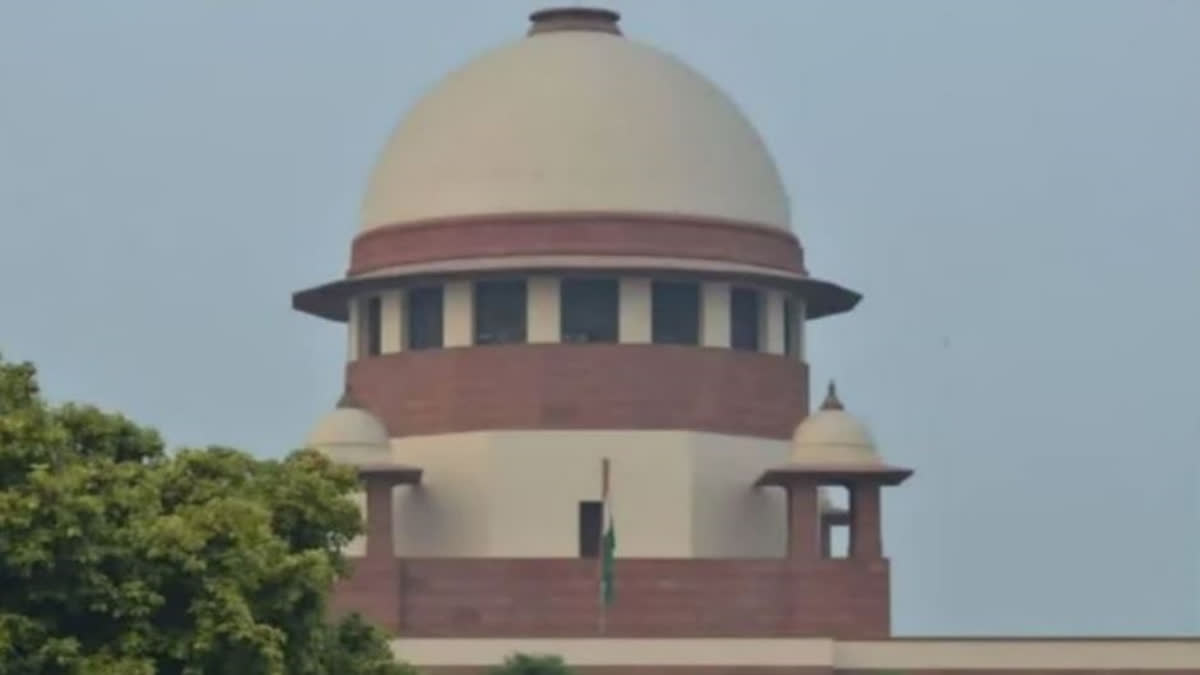New Delhi: The Centre has told the Supreme Court that it is dedicated to improve access to menstrual hygiene for young and adolescent girls but the responsibility of providing healthcare services lies with the respective state governments as public health is a state subject. In an affidavit filed before the top court, the Health ministry said it has undertaken awareness and training programmes and made necessary resources available to girls across the country.
"It is submitted that public health is a state subject and the responsibility of providing healthcare services is that of respective state governments. "The Central government and its agencies are not the implementing bodies for schemes relating to menstrual health; and it is in fact the states and their agencies which are at the forefront of enforcement of the policies," the ministry said.
It submitted that the Central government is committed to improving menstrual hygiene for young and adolescent girls and to make necessary resources accessible to them. The affidavit was filed in response to a PIL by Congress leader Jaya Thakur seeking issuance of directions for providing free sanitary pads to girls studying in classes 6 to 12 in government schools across the country.
The ministry stated that menstruation and menstrual practices are clouded by taboos and socio-cultural restrictions for women as well as adolescent girls in India which is combined with limited access to products of sanitary hygiene and lack of safe sanitary facilities. "Moreover, traditionally, there have been practices of using old clothes as pads by recycling them, use of ash or straw, which not affect menstrual hygiene but also have long term implications for reproductive health.
"The government is dedicated to increase awareness among adolescent girls on menstrual hygiene, build self-esteem and empower girls for better socialisation. The government is also working towards increasing access to and use of high quality sanitary napkins for girls in rural areas," the ministry said.
Thakur in her plea said serious difficulties are faced by adolescent females between the ages of 11 and 18 ,years who come from poor backgrounds, in receiving education on account of lack of access to education, a constitutional right under Article 21A of the Constitution. "These are adolescent females who are not equipped with and are also not educated by their parents about menstruation and menstrual hygiene. The deprived economic status and illiteracy leads to prevalence of unhygienic and unhealthy practices which has serious health consequences, increase obstinacy and leads to eventual dropping out from schools," the plea said.
